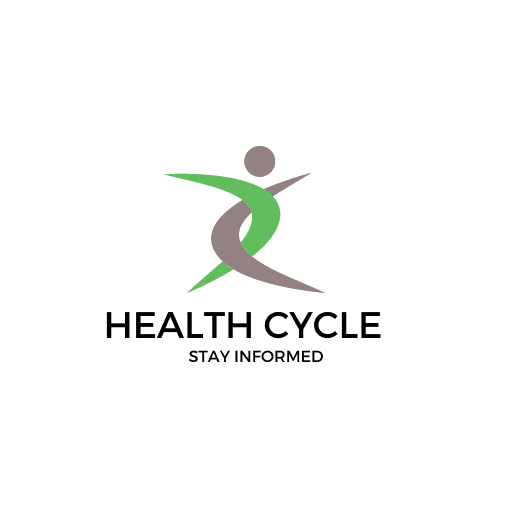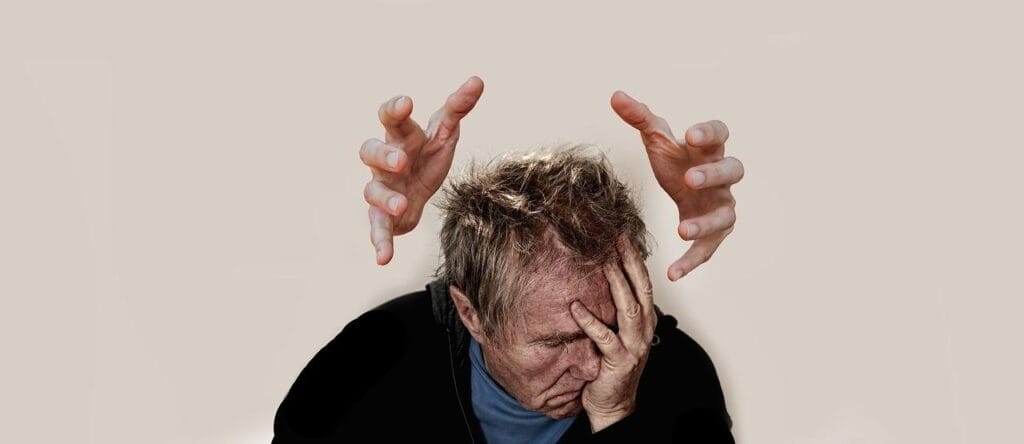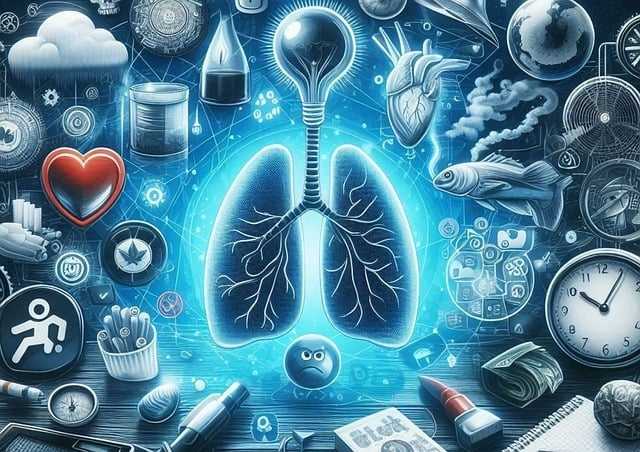Millions of people worldwide suffer from mental health disorders and some of the most commonly confused are Bipolar Disorder vs Depression. Even though there are a number of symptoms that they have in common, they never less differ from one another to an extent. When it comes to getting the right diagnosis and treatment, knowing the distinctions between Bipolar Disorder vs Depression is critical.
In this article, we dissect the difference between Bipolar Disorder vs Depression by outlining their symptoms. This means that anyone going through them or who has someone close also dealing with it, will have to go deeper to understand more about these conditions.
What is Depression?
What Is Depression? or major depressive disorder (MDD), is a mood disorder that affects the way you feel, think and handle daily activities. Depression influences how you feel, think and act thus it can cause emotional and physical disturbances. Depression in people can make them unable to carry out normal daily life activities which could lead to it interfering with going on about everyday work, school or maintaining relationships.
Symptoms of Depression
- Persistent sad, anxious or “empty” mood
- Lack of interest (Anhedonia)
- Outside a personal context
- isolation begets more isolation
- unless external factors continue to engage the person in question,
- it may take all they have just to remain tethered to society.
- Fatigue or low energy
- Trouble concentrating or making decisions
- Appetite changes (either the increase or decrease)
- Problem sleeping (either not being able to sleep, or needing too much sleep)
- Feeling helpless or worthless
- Thinking about killing yourself, or trying to kill yourself
Depression can be a severe mental illness and is normally managed with the help of professionals including therapists or medication, in order to alleviate symptoms and improve overall quality of life.
What is Bipolar Disorder?
Bipolar disorder is a type of mental health condition defined by extreme mood swings, ranging from depressive episodes to manic and hypomanic experiences. Depression will more generally stay in low, or sad state—and would not shift between high (manic) and low (depressive) states- like as is characterized by bipolar disorder.
Symptoms of Bipolar Disorder
Manic Episodes:
- Elevated or irritable mood
- More energy and higher level of activity
- Decreased need for sleep
- Racing thoughts
- Disproportionate sense of self-importance or grandiosity
- Recklessness (such as spending without forethought, betting, etc.)
- Precogitation or Flight of Ideas
Depressive Episodes:
Or it may result in symptoms similar to major depression (see above)
They are of two types of bipolar disorder
- Bipolar I Disorder: Presence of manic episode that may lead to hospitalization or last 1 week or more. Depressive episodes may also occur, but are not necessary for the diagnosis.
- Bipolar II Disorder: Characterized by a pattern of depressive episodes and hypomanic episodes (less severe than full mania) but never experienced true mania. There are no full manic episodes in Bipolar II individuals
Bipolar II Disorder with Mixed States and Rapid Cycling
People affected by bipolar disorder can have mixed episodes in which they show symptoms of both mania and depression simultaneously. The former group may experience rapid cycling, characterized by four or more episodes per year.
Bipolar Disorder vs Depression: Major Differences
Bipolar disorder manifests like major depressive disorders during the lows; it is important to differentiate between the two as they are treated differently.
1- Mood Swings vs. Consistent Low Mood
- Bipolar Disorder: It has characteristics like mood changes from a manic or hypomanic state to a depressive state.
- Depression: Mood is uniformly low (no manic or hypomanic bouts)
2- Energy Levels: Mania (High Energy, Impulsive Behavior and No Sleep)
Bipolar Disorder: Energy is high, impulsive behavior is rampant, sleep need is low.
Depression: Mania causes depression poor impulse control less sleep very high-risk behavior; binge drinking Develops into A Low The severity can happen from situational and drug/alcohol abuse to chromosome defect prohibition was the goal here. One common symptom of depression is the absence of ‘get up and go’ or energy.
3- Sleep Patterns
- Bipolar Disorder: people feel on top of the world, with overflowing energy even if they have slept little or not at all. In depressive episodes, they may sleep too much or be unable to sleep at all.
- Depression: Sleep changes usually present as either sleeping too much, or insomnia, but not an energized state like in bipolar.
4- Duration of Symptoms
- Bipolar Disorder: Manic or hypomanic and mild to severe depressive episodes are interspersed with periods of normal mood; the mania-hypomania and depression may last days to months
- Depression: A depressive episode tends to last much longer, and without suffering from a course of treatment it can last for months well into months allowing years.
5- Risky Behavior
- Bipolar Disorder: Manic episodes can lead to impulsive behavior such as excessive buying, promiscuous sex, or careless driving.
- Depression: With depression, risky behavior is less common, usually confined to self-harm or substance abuse.
The Roots of Bipolar Disorder vs Depression
The same etiological factors of bipolar disorder can trigger major depression, so it is better to consider both as related to a single category.
-
Genetics
The genes account for a substantial amount the variation of both conditions. Someone who has close relative with mental health condition like Bipolar Disorder vs Depression is highly at risk of developing these conditions. Having a family history of the disease does not mean that everyone will get the disorder.
-
Brain Chemistry
The neurotransmitters (eg, serotonin, dopamine or norepinephrine) of the brain are significantly implicated in both mental disorders. However, imbalances in Bipolar Disorder vs Depression are not always identical, so they may require different treatments.
-
Environmental Triggers
In people who are genetically vulnerable to Bipolar Disorder vs Depression, these types of events (such as a major loss, abuse or other traumatic or life change) might actually trigger such an episode.
Bipolar Disorder vs Depression Diagnosis
Both must be professionally diagnosed as part of an in-depth mental health assessment. Specialists in psychiatry and mental health will take an extensive look at your symptoms, your family history, and you as a whole.
If you have experienced manic or hypomanic episodes, along with depressive episodes, doctors may consider a diagnosis of bipolar disorder. Otherwise, if the person has symptoms of depression only, they may be diagnosed with major depressive disorder.
In this article of Web Med, you can read about Treatment Options for Bipolar Disorder vs Depression.
The treatment of bipolar disorder and depression have slightly differing methods from one another, albeit with some overlapping of available treatments.
-
Medication Option
- Bipolar Disorder: Typically treated with mood stabilizers (such as lithium) and antipsychotics, though carefully selected antidepressants are sometimes given in pads due to the risk to trigger mania.
- Depression: SSRIs (selective serotonin reuptake inhibitors) are frequently given as antidepressants to attempt to reduce symptoms. Other Treatments: may be in the form of therapy or with medication.
-
Therapy
- For bipolar disorder as well as depression, Cognitive Behavioral Therapy (CBT) is one of the first line treatments. The therapy helps patients to identify maladaptive thought patterns and learn how to establish new ways of thinking that encourages healthy coping.
- For bipolar disorder, Interpersonal Therapy (IPT) and Dialectical Behavior Therapy (DBT) are also often employed.
-
Lifestyle Changes
For people with either bipolar or depression, even simple practices such as keeping a routine and regular healthy exercise plus mindfulness can help. You can have an ‘all-nighter’ here and there but avoiding ‘triggers’ such as alcohol or drug use in general is key—especially for those to bipolar disorder who need to be very careful about sleep schedule lest they are sent into a manic episode.
How to deal with bipolar disorder vs depression?
Otherwise, Patients can get relief from bipolar disorder and depression if they are well-aware of how to manage it. Dealing with it:
- Mood Journal: Monitor your moods to identify triggers or early symptoms of an episode.
- Create a support system: maintain close ties with friends, family and social groups.
- Smaller Goals: Managing workload ensures the work in small steps so you do not get fed up midway and leave everything.
- Physical health: practice sleep, nutrition, and physical activity.
- But when symptoms develop, do not be afraid to seek help from a mental health professional.
Bipolar Disorder vs Depression in Young Adults
For example, bipolar disorder vs depression can develop during adolescence so these — along with impulse control disorders — have warning signs. Young people with such conditions also need help if they are struggling because these problems often impact learning, socializing and growth.
A quick diagnosis and treatment can mean a world of difference. Collaboration with parents, teachers, and healthcare providers could also provide the best care for reducing symptoms in teens and young adults and thereby improving long-term outcomes.
When to Seek Help
If you or anyone you know is showing signs of bipolar disorder vs depression, make an appointment to see a mental health professional. All of these conditions are treatable, and finding the right mix of treatment for you—one that might involve medication or therapy or both—can help relieve any symptoms and improve your mental health as a whole.
Suicidal thoughts/behavior: Both bipolar disorder and depression have risk for this. If you are struggling with thoughts of suicide or suicidal ideation, please call a suicide hotline or seek the help of your medical professional immediately.
Conclusion: Bipolar disorder vs depression
Although some of the symptoms can look very similar in bipolar disorder vs depression are distinct conditions that require careful diagnosis and appropriate treatment. Recognizing the distinctions such as the requirement for a manic episode to be present in bipolar disorder can aid patients and their providers find the correct diagnosis and treatment.
If you or a loved one is suffering from either of these conditions bipolar disorder vs depression, seek the guidance of a professional. Recovery is a lifelong process, but with the right supports, tools and understanding it is possible.



